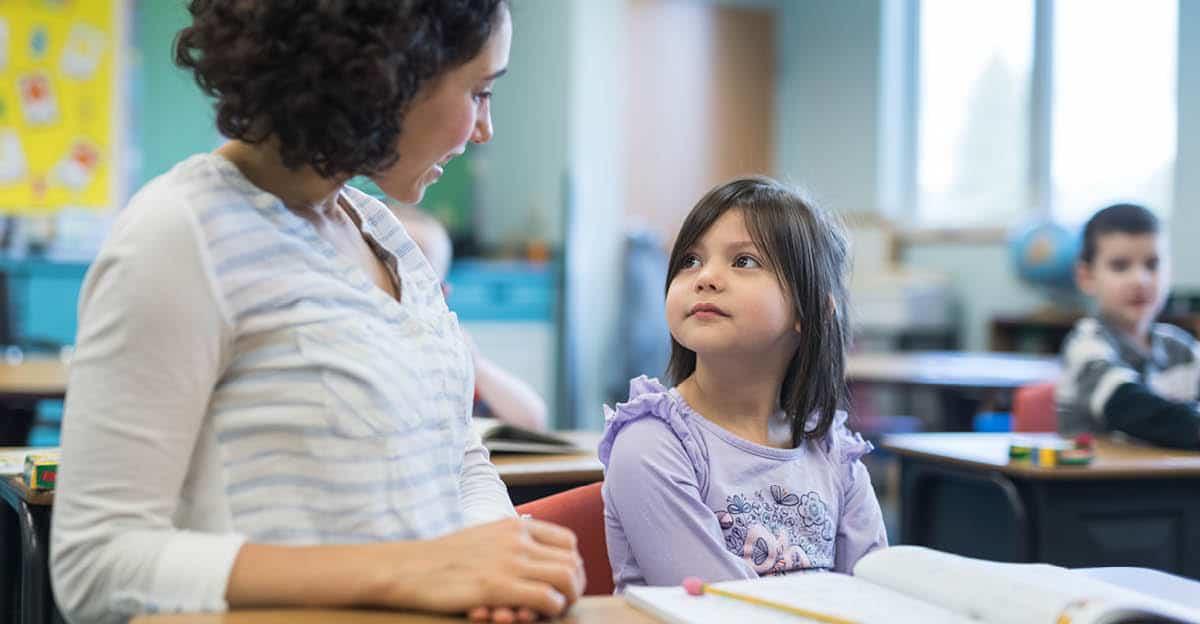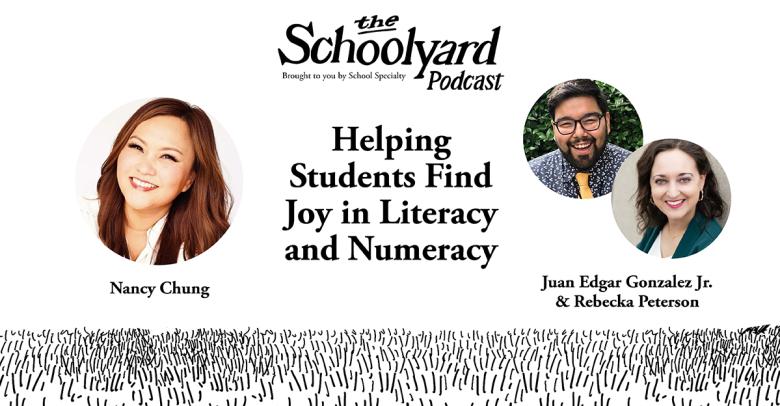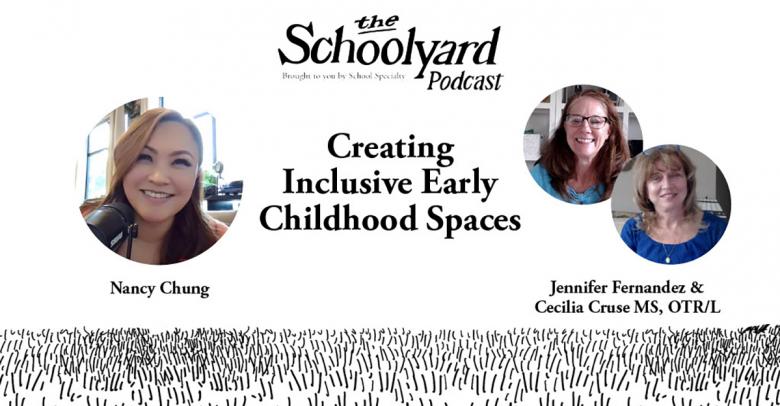Teaching vocabulary presents a unique challenge because students in Kindergarten and grade 1 have limited or not-yet-developed reading skills,. Dr. Cheryl Dressler combines read-alouds by the teacher with a variety of visuals, including in-book illustrations, various types of picture-based activities, picture cards, and concept cards. The right combination of practice and instruction allows younger ELL students to understand important concepts earlier on.
Understanding the Needs of ELL Students: Grades K-1
Learning to read English words requires much of the same instruction and practice regardless of whether a student is an early reader, non-reader, or ELL. Young students must all learn vocabulary orally and visually because they have not yet learned how to read.
When students are able to understand the vocabulary for the that content they are reading and hearing, they will have a better understanding of the material. Concepts like polysemous words (those with multiple meanings), is an especially challenging task for ELLs. This metalinguistic understanding has been shown to relate to reading comprehension ability later on.
Learn more about supporting ELL students through Direct Oral Language Instruction
Wordly Wise 3000 K-1: Created for Early Learners and ELL
The Wordly Wise 3000 program can be a valuable tool for students, regardless of English proficiency, in grades K-1. Early readers and ELL students alike may benefit from the practice of creating a strong visual/word match. And although ELL students may still require extra scaffolding, the Wordly Wise 3000 program serves as a solid foundation for building important vocabulary skills.
Learn more about vocabulary instruction for students with varying socioeconomic backgrounds
Wordly Wise 3000 Features that Benefit Early and Non-Reader Students:
- Clear, attractive visuals communicate meanings of words, including multiple meanings as appropriate.
- Consistent cast of story characters—Kindergarteners and first graders—keeps children interested in what happens next
- Characters who experience situations and events common to those of real life Kindergarteners and first graders.
- Word learning reinforced through repeated exposures in a variety of engaging, hands-on activities.
- Content of stories that include informational elements that allow children to grasp concepts appropriate for their grade levels, such as nature and various cultures.
- Oral language proficiency is developed through student retellings of important events in stories using a picture sequencing activity.
- Repetitiveness of lesson structure, with variations within individual lessons.
- Ease of implementation with step-by-step, day-by-day instructions for teachers.
Choosing Direct Instruction for ELL Students in Grades K-1
Success for ELL students means focusing on meeting them where they are, and using the best support and instruction to help them grow and learn. The Wordly Wise 3000 K-1 program utilizes the latest research and methods to give students the resources they need.






Leave a Reply